

…is that all authors have different processes and none of us are the same…
Still relevant now and worth re-sharing.
From September 2014:
At the Saturday signing in London, we had a very brief chat about the writing process. And I don’t mean how much coffee/tea we drunk, but a quick show of the process we use. Charlie Cochrane was saying she focused on scenes, and I said that wrote in a very linear style, starting at page one and typing away, others said they planned the whole book with notes on each chapter.
A lot of us agreed we left gaps *insert sex here* ROFL…
There are so many different ways of writing and eventually, as an author, I guess you find the one that is right for you.
I know a couple of authors who post-it-note the entire book so that they can switch scenes and so that they have a purpose in their story direction.
I admitted that wouldn’t work for me, and Anna Martin was on the same page. We are clearly both easily bored. If I plan a story I lose interest, like in my head I know how it goes so I can’t be bothered writing it. I learn my characters as they go along, others know their characters. We are all different.
Which brings me onto Texas 6, Texas Fall, which is a step away from the way I normally write. Without meaning to it will, by its very nature, become a book with scenes in my head at the start. But this works, because I know Jack and Riley, and they don’t ever lead me astray.
I would love to sit down with other authors and find out how they write. Do they post-it-note and know in advance the entire story? Do they have the big scenes drafted and then spend time linking those scenes? Or do they do what I do and make it all up as they go along. It was incredibly interesting to see the split in the small group (we hijacked Charlie’s reading – sorry Charlie).
On the same subject, I tried out Scrivener. This is a program that I know a lot of authors use to work out the order in their novel and to have focused chapters, and even parts of chapters, that they can move around as they need to. A bit like a cork board.
I tried it, and it worked, for the most part, to get my head around the first few chapters of Last Marine Standing.
Then it stopped working for me, in a quite spectacular fashion. Today.
I realized I was changing my writing style.
Instead of flowing and creating the story as I was writing, I saw that actually what I was doing was writing in *chunks*, deliberately creating half-chapter size blocks that I could move if I wanted to.
That didn’t work for me. That isn’t me. So I exported the whole lot from Scrivener into word and now I am happy.
So… I am adding Scrivener as a tool that I can use in planning, and getting the beginning of the book sorted, but other than that I am sticking to Word.
However, the other thing I am trialing, and loving (!) is Aeon Timeline… more to follow on that one soon…
Update May 5th, 2019
I moved right away from Scrivener, I just couldn’t get my head around using it, as I don’t switch scenes around, etc – even as a Mac user, I still use MS Word to physically write my books.
I also use the following in support:
Aeon Timeline – the title says it all – it’s a way of managing the timeline, character ages, profiles, scenes, BUT I don’t use it to plan – I use it and update it as I write along.
GoodNotes on my iPad/iPhone to scribble down ideas etc (I can also doodle in this which is all kinds of cool!) – https://www.goodnotes.com/
One Stop For Writers a brilliant tool for character inspiration & emotion
Things I have tried and would recommend but don’t use much now:
PaceMaker to analyze word count
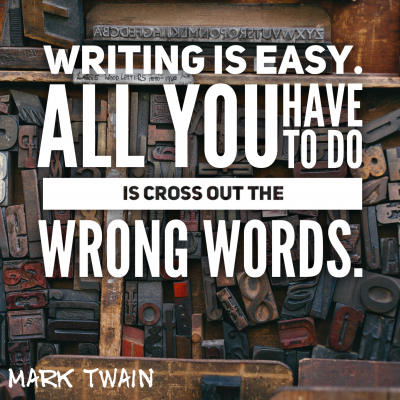
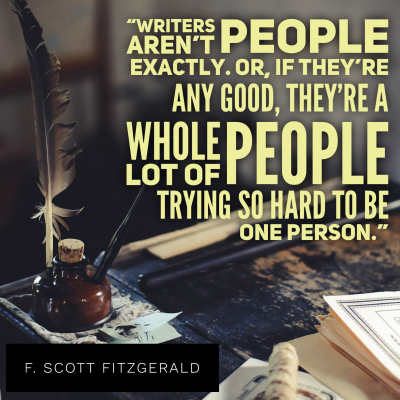
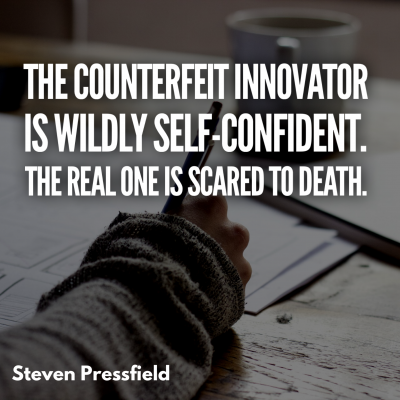
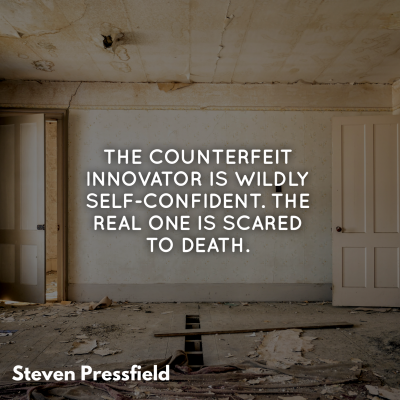
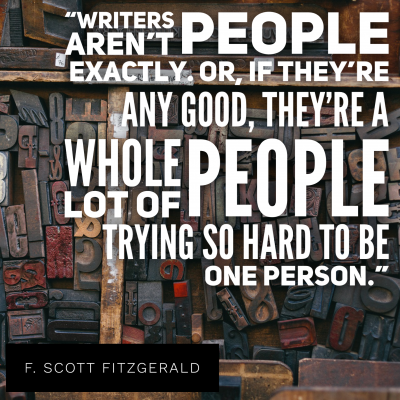
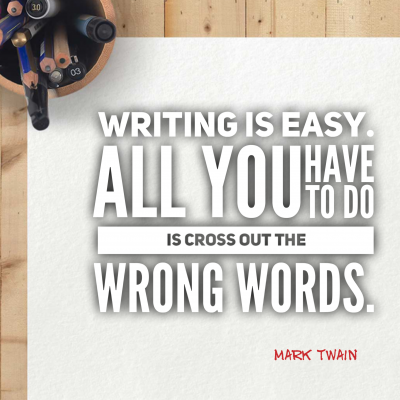
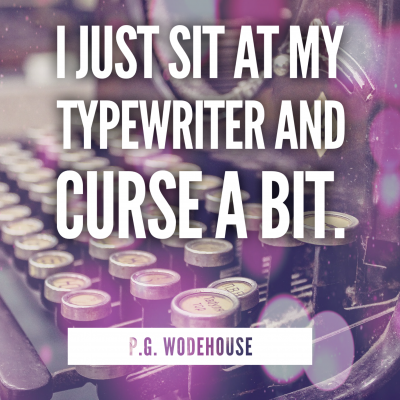





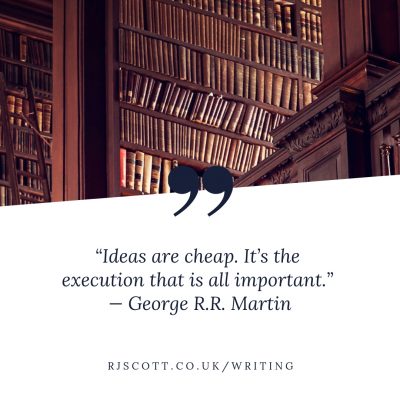
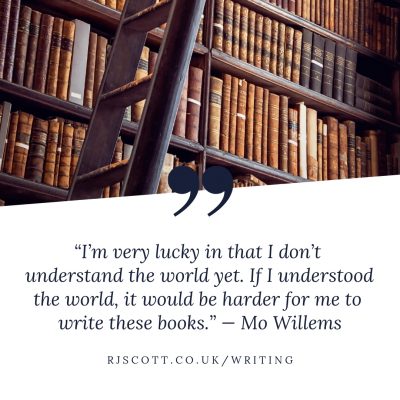
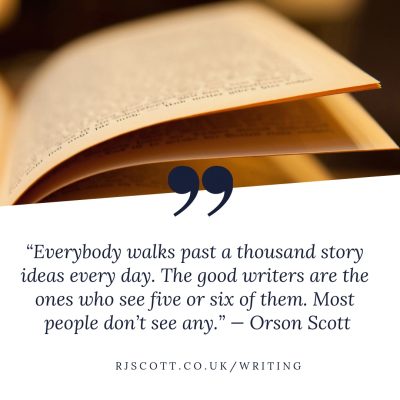
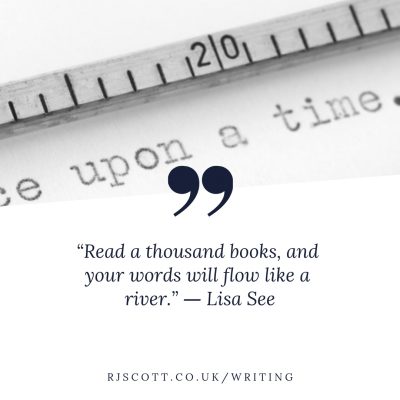
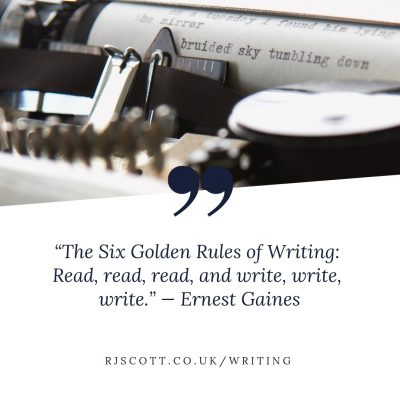
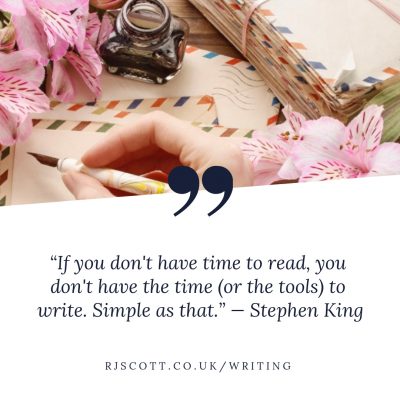

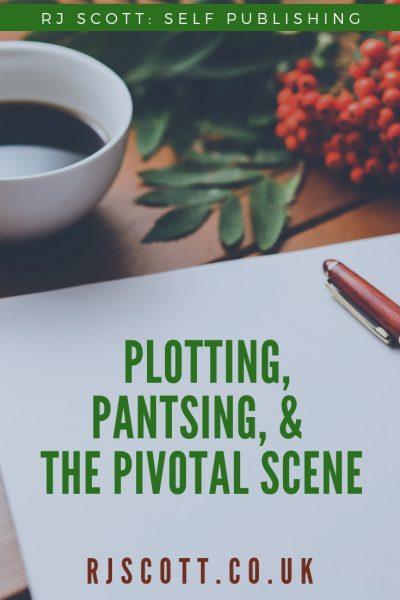
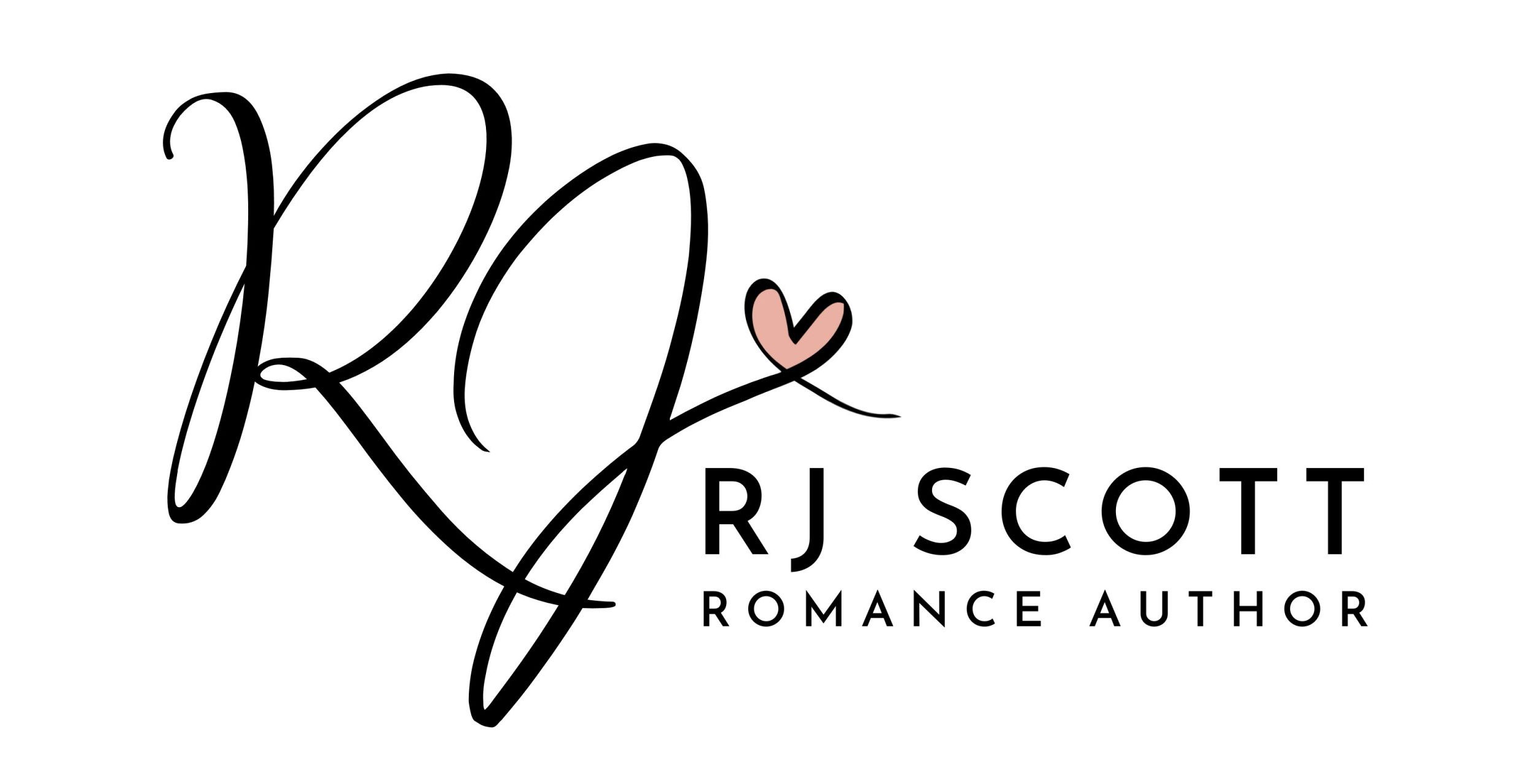
I think I'm like you, R.J. I don't plot or plan I just write because I find it more exciting that way. I do make notes if something occurs to me that I might like to add later but I have no idea generally from one page to the next what is going to happen. I SOMETIMES do the – add sex here but not often. I like to write, revise, write, revise so I make what I've already written as perfect as I can before I move on. Little notes like – add sex – throw me. I can't move on until I've done that bit. Which means tomorrow I have to start with a little action in a shower!
I hope the action in the shower went well… 🙂
I enjoy the slightly dangerous edge that's given by writing in chunks and then seeing how they'll fit together. Like when I do training, I don't 100% prepare. Part of the success – for me – is flying by the seat of the old pants.
And I admire you for that… oh btw, am 40% into Book1 of Cambridge Fellows… and I have to stop to write… *sad face* RJ
🙂
Actually, I love the title of this blog post. Makes me think of Morecambe and Wise and the sketch where Ernie's in bed writing, saying "I'm not sure if I should make this a historical or one of those science fiction ones". That's often how I feel as I set out to write…
I don't really plan either – at least not from the beginning. I tend to start with a situation or what if character A met character B and then I see where they go and then I start at the beginning and write until the end. Occasionally I'll get the end scene in my head and write it down just in case but it doesn't always lead that way. I couldn't do the add sex here even though I find writing sex scenes tricky. One thing I have to do is keep a notebook by my bed so I don't forget the conversation my MCs chose to have in the middle of the night!
I know that feeling well… i had the perfect scene last night and now it's gone… 🙁
I have a style that is a mix of yours and Charlie's. I get the basic plot, where I expect the story to go and then I let the story flow. However as I'm writing, scenes from later in the story will pop into my head and I write those. Sometimes they fit together nicely, other times they don't even make it into the final draft.
And, yeah, I do the 'add sex here'.
It hurts to cut scenes… i know…
Whatever you're doing is good cause I really like your books, especilly the Texas series. Texas Fall is the one book I'm on pins & needles waiting on. Absolutely love Jack & Riley! Thx for entertaining us, you're great!
Hugs you so hard xxxxx
You're actually the first author I have encountered that moved away from Scrivener. I actually moved to it because I was doing what it does with a series of folders and Word documents. My writing process has improved greatly now that I have everything in one place and I am not constantly making correction because I forget little things about characters or places.
I tend to write in a mixture. My preference is to write the story linearly from start to finish, but occasionally I get a burst of inspiration for a scene so I can write it off to the side and then integrate it into the storyline at the appropriate spot. Using the corkboard feature lets me outline the story with small descriptions and then I just knock it out one scene at a time.
I think I am unique Jon… i always write in one doc… if i have a scene i just type it at the end under a notes heading… I can certainly see the benefits of scrivener but it's not for me…
I very rarely deal with anything later in a MS than what I am writing now. I literally write in a straight line with very few jumps (when i write a later scene i don't *write* it i just jot notes).
🙂
I'm more of a panster but I do like to put the basic ideas of the ploit and details down on paper. I still use the character outline with motive etc from time to time. Great post